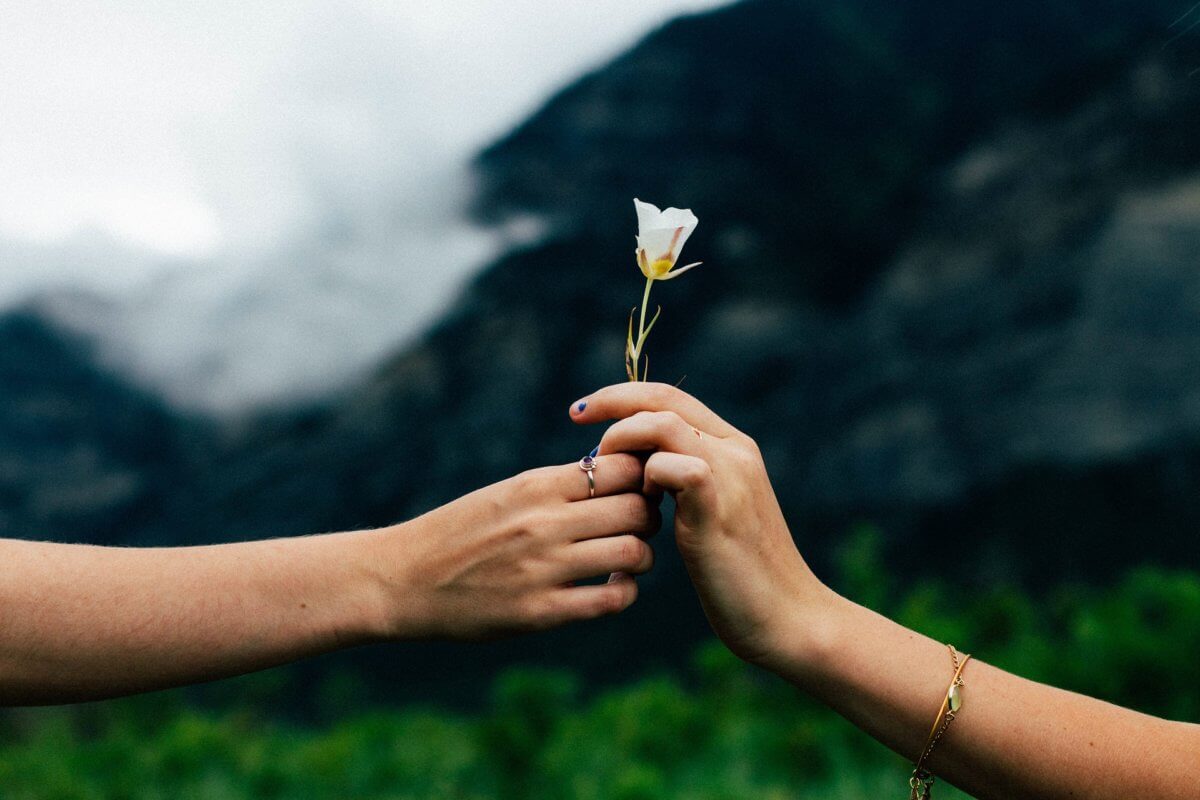Departments and autonomous collectives have played a vital role in activism at the ANU for decades. When the Women’s Department was first made an official part of ANUSA in 1993, Emma Partridge was the Women’s Officer – a role largely underfunded, misunderstood, and taken for granted. Although the Department has gone through a substantial amount of change since then, a few things remain the same.
The formation of supportive communities
Women’s spaces are an important way to meet other women on campus – to learn from each other, seek advice, and be in a safe and comfortable space. The Women’s Department was initially separate to a group called Women On Campus, who ran social events and took care of the Rapunzel Room, the women’s autonomous space. A series of notebooks were used to communicate with others who used the room. Entries in these books give insight into a close-knit community of students – from mundane statements (‘just popped in for a quiet spot on a busy day’) to the more serious, like advice about pregnancy. Other entries show just how much the Department has changed: a call-out for Women’s Officer described the role as not ‘too onerous’, and another entry detailed how many thought that it was a ‘nest of lesbians’.
Women’s spaces and activism on campus in previous decades have been in-person spaces. Today, this work largely takes place in online communities – which is more readily accessible to a greater amount people and is more immediate. The Women’s Department online spaces are a popular way of finding solidarity, learning, promoting interesting things that women and non-binary people are doing on and around campus, getting recommendations, advice, and as a forum for advocacy at the ANU.
Men complaining
Another constant is the backlash from men on campus – one entry in a notebook from 1993 describes how a man, upset that women had an autonomous space on campus, broke into the Rapunzel Room. An entry by Lise states: ‘they don’t actually want [a room], they just got cut that we made the Women’s Room happen. Besides the rest of the world is men’s space (or at least male dominated). I would suggest the bar, any café, lecture theatre, and so on and ad nauseam if they are looking for a men’s room’. Calls for a Men’s Department continue today.
Issues of safety on campus, sexual harassment and assault, and intersecting oppressions
Most of the problems that women and non-binary students faced in the past are still impacting us today. An article from 2002 titled ‘Security on campus: still not high on the university agenda’ by Nicola Jackson details the failings of the ANU Security in protecting vulnerable students. Today, areas of campus and surrounding suburbs are still poorly lit, security measures like the UniSafe Bus remain ineffective, and the University continues to treat students who speak up like a nuisance or a legal liability. Sexual assault and violence in our community is still endemic, as the recent release of the AHRC Survey demonstrates.
The marginalisation of the most vulnerable continues – 2002 articles ‘Racists hiding behind feminism’ by Allison Dellit and ‘Trans women in NOWSA: The case for inclusion’ by Julie Peters indicate that the Women’s Department has never been immune to the white and cis-centric feminism that is prominent in mainstream women’s spaces. We have made progress – the creation of the Women of Colour Collective has been imperative in the success of the current Department, and we are currently working on the inclusion and celebration of trans, intersex and gender-diverse people in the Department. But we still have a long way to go.
As long as there are groups who face oppression, there will be a need for a space in which a voice can be nurtured and heard. The ANU Women’s Department continues to provide this voice for those who are marginalised – for those who are spoken over, for those who feel like they can’t speak out at all. We will continue to advocate for the interests of women and non-binary people on campus and provide a safe and supportive community for them at the ANU.
Laura Perkov is the 2018 ANUSA Women’s Officer.
We acknowledge the Ngunnawal and Ngambri people, who are the Traditional Custodians of the land on which Woroni, Woroni Radio and Woroni TV are created, edited, published, printed and distributed. We pay our respects to Elders past and present. We acknowledge that the name Woroni was taken from the Wadi Wadi Nation without permission, and we are striving to do better for future reconciliation.
